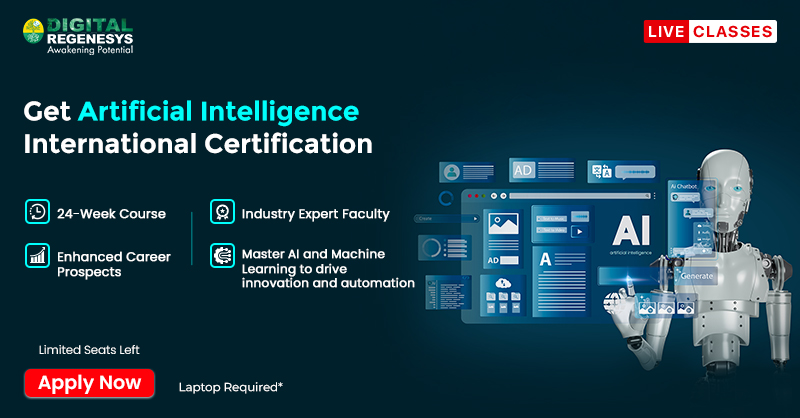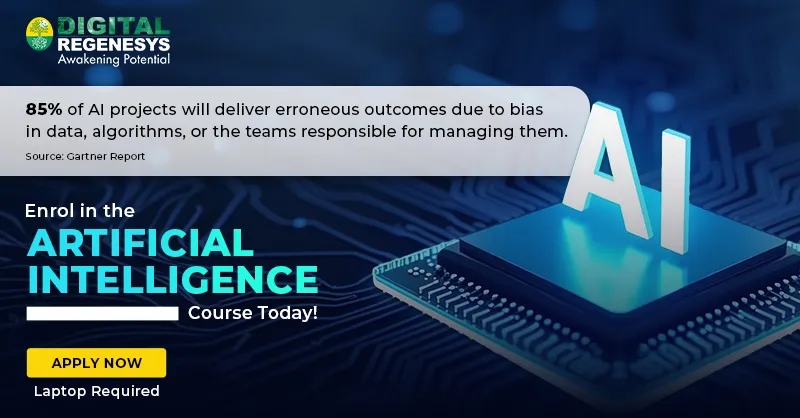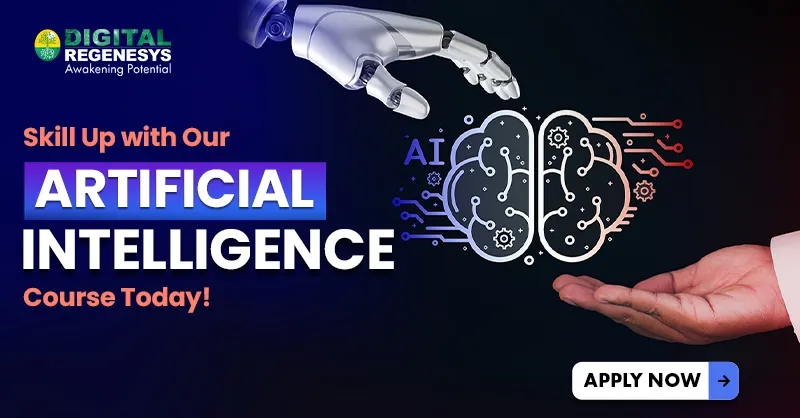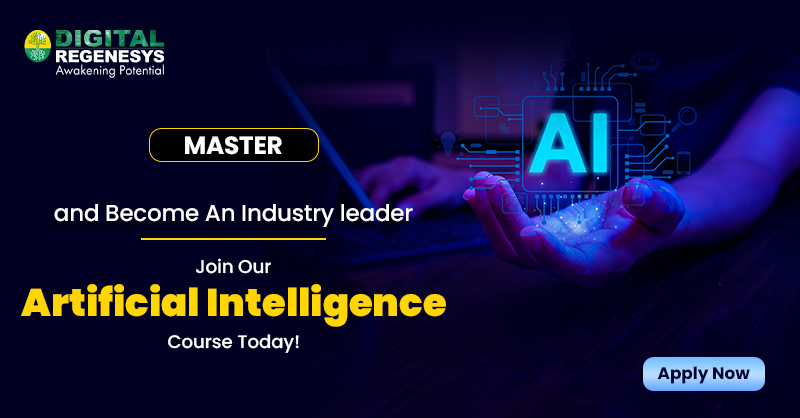Master AI with Our Comprehensive Online Deep Learning Course

Deep learning is the backbone of modern artificial intelligence, powering innovations that transform how we live and work. From autonomous vehicles to voice assistants, fraud detection systems, and predictive analytics, deep learning enables machines to learn from vast amounts of data and make intelligent decisions.
Companies across South Africa are increasingly investing in AI to enhance efficiency, improve customer experience, and gain a competitive advantage. Professionals who understand deep learning concepts are in high demand, making it a critical skill for career growth.
In this article, we’ll explore how mastering deep learning principles through a comprehensive online AI course can help learners build practical skills, gain industry-relevant knowledge, and accelerate career opportunities.
Why Deep Learning is Transforming AI Careers
Deep learning is not just a technology trend; it’s a career-defining skill. By understanding neural networks, data structures, and model training, professionals can design intelligent solutions that solve complex problems across sectors.
Employers value deep learning expertise for roles in AI, data science, machine learning, and computer vision. The demand for professionals with this knowledge is skyrocketing in South Africa and worldwide, driven by the need for data-driven decision-making and the increasing use of automation.
Mastering deep learning provides a competitive edge and opens doors to innovative career paths that combine technical expertise with strategic problem-solving.
Applications in real-world careers include:
- Computer Vision – Recognising images and videos for security, retail, and transportation.
- Natural Language Processing (NLP) – Powering chatbots, sentiment analysis, and translation services.
- Predictive Analytics – Forecasting trends in finance, marketing, and healthcare.
- Robotics & Automation – Enabling machines to perform complex tasks independently.
Explore details on The Best AI Productivity Tools in 2026.

Benefits of Online AI Courses Incorporating Deep Learning
Online AI courses offer accessibility, affordability, and flexibility, providing exposure to the principles of deep learning. Unlike traditional degree programmes, online courses allow learners to study at their own pace, access mentors, and apply knowledge through practical projects. This approach is ideal for working professionals, students, or anyone looking to enter the AI field without committing to years of formal education.
By learning online, students can balance professional responsibilities while gaining hands-on experience in AI applications.
Benefits include:
- Flexible Scheduling – Study modules at your convenience, anytime, anywhere.
- Expert Guidance – Learn from instructors with industry experience.
- Project-Based Learning – Apply deep learning to real-world datasets.
- Cost-Effective – Avoid relocation and high tuition fees.
- Portfolio Development – Build demonstrable skills for future employers.
How the AI Certificate Course Covers Deep Learning Concepts
The Artificial Intelligence Certificate Course provides comprehensive coverage of AI principles, including foundational concepts in deep learning. While not a standalone deep learning course, it integrates neural networks, machine learning, and AI applications into a cohesive curriculum, giving learners a robust understanding of the field. Projects and exercises ensure that students can translate theory into practical solutions, preparing them for real-world challenges.
This course bridges the gap between learning deep learning concepts and applying them effectively in professional settings.
Skills covered include:
- Neural Networks – Build, train, and optimise models for classification and prediction.
- Machine Learning Techniques – Supervised and unsupervised learning methods.
- Computer Vision Basics – Understand image recognition and processing.
- Natural Language Processing – Work with text and speech datasets.
- Hands-On Projects – Practical exercises using real datasets to reinforce learning.
Learn more about AI in Healthcare.

How Course Structure Impacts Your AI Learning Outcomes
The structure of an AI course significantly influences how effectively learners absorb deep learning concepts. Courses may be self-paced, live-online, or a hybrid of both. While self-paced learning provides flexibility, live-online sessions offer real-time feedback and mentorship. Hybrid formats combine the best of both worlds, allowing learners to revisit content at their own pace while benefiting from interactive guidance.
Choosing the right course format maximises understanding, retention, and practical application of deep learning knowledge.
|
Course Structure |
Flexibility |
Hands-on Projects |
Cost |
Career Readiness |
|
Self-paced |
High – study anytime |
Moderate – limited guidance |
Low |
Moderate |
|
Live-Online Classes |
Moderate – scheduled sessions |
High – real-time instructor support |
Medium |
High |
|
Hybrid (Self + Live) |
Very High – flexible & interactive |
Very High – projects + mentorship |
Medium-High |
Very High |
Verdict – Opting for a hybrid course, such as the Artificial Intelligence Certificate Course, ensures flexibility, hands-on experience, and career-ready skills.
Skills You’ll Gain to Become an AI Expert
Completing an AI course with deep learning components equips learners with highly sought-after technical and analytical skills. These competencies allow professionals to design, implement, and deploy AI solutions across industries. The course emphasises practical application, ensuring that students can turn theoretical knowledge into tangible results.
Practical skills ensure learners are prepared for both immediate job responsibilities and long-term career growth.
Skills acquired include:
- Neural Network Design – Understanding layers, activation functions, and backpropagation.
- Data Preprocessing – Cleaning, structuring, and preparing datasets for AI models.
- Model Evaluation – Measuring accuracy, optimising performance, and preventing overfitting.
- Computer Vision & NLP Applications – Applying AI to images, text, and speech.
- Deployment & Monitoring – Integrating models into production and tracking performance.
Get insights on Can You Learn Artificial Intelligence Without Coding?

Career Opportunities for Learners
AI professionals with deep learning knowledge are in high demand across South Africa and globally. Employers seek candidates who can apply AI to solve real-world problems and drive innovation in business processes. Completing an AI course with exposure to deep learning opens doors to a diverse range of roles and opportunities for career growth.
The Artificial Intelligence Certificate Course equips learners with the skills needed for in-demand AI roles.
Career paths include:
- AI/ML Engineer – Develop machine learning models for complex tasks.
- Data Scientist – Analyse data to inform strategic decisions.
- Computer Vision Specialist – Build AI systems for image and video recognition.
- NLP Specialist – Create models for text and speech processing.
- AI Product Analyst – Translate AI insights into actionable business strategies.
Common Misconceptions About Deep Learning
Many learners believe deep learning requires advanced degrees or a PhD. In reality, structured AI courses simplify complex concepts for both beginners and professionals. Online programs break down topics into manageable modules, with practical exercises that reinforce understanding. Deep learning is accessible to anyone with curiosity, dedication, and guidance from a well-designed course.
Demystifying deep learning enables learners to focus on skill acquisition and career application, rather than being intimidated by its complexity.
Key clarifications:
- No PhD Required – Beginners can learn foundational concepts.
- Math is Manageable – Courses introduce necessary maths gradually.
- Coding Skills – Basic Python knowledge is sufficient to start.
- Hands-On Learning – Projects make theory tangible.
How Hands-On Projects Accelerate Learning
Practical projects help learners apply theory to real-world scenarios, thereby reinforcing their understanding and retaining the skills they have learned. By working on datasets and solving problems, students build confidence and develop a portfolio of work that demonstrates their abilities to employers.
Hands-on experience is crucial for mastering deep learning and AI, as it enables the transformation of abstract concepts into actionable knowledge.
Benefits include:
- Real-world data exposure.
- Applying neural networks and machine learning techniques.
- Problem-solving in practical scenarios.
- Portfolio creation to showcase skills to potential employers.
Top Tools and Frameworks Covered in an AI Course
The Artificial Intelligence Certificate Course introduces learners to essential tools and frameworks used in AI and deep learning. Knowledge of these tools enhances employability and practical competence.
Learning these tools ensures students are ready to implement AI solutions immediately.
Key tools:
- Python – Python is a primary programming language for AI and ML.
- TensorFlow & Keras – Frameworks for building deep learning models.
- PyTorch – Flexible library for experimentation and production.
- Pandas & NumPy – Data manipulation and analysis.
- Matplotlib & Seaborn – Data visualisation for insights.

Conclusion
Deep learning is at the heart of modern AI, and understanding it unlocks numerous career opportunities. The Artificial Intelligence Certificate Course combines self-paced modules, live mentorship, and hands-on projects to provide learners with a comprehensive understanding of AI, including deep learning concepts. This approach ensures students gain practical experience, industry-relevant skills, and career-ready knowledge.
Visit Digital Regenesys to explore the Artificial Intelligence Certificate Course and start your journey to mastering AI today.
Last Updated: 19 November 2025
